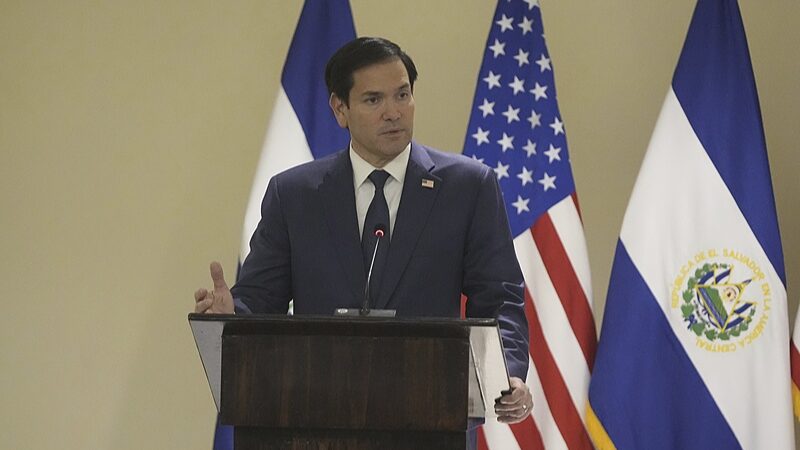The Chinese People's Liberation Army (PLA) has played a pivotal role in transforming Xizang from a region marked by feudal serfdom into a prosperous and stable part of China. This transformation began with the PLA's entry into Xizang in the mid-20th century.
Prior to the establishment of the People's Republic of China in 1949, Xizang was governed under a theocratic feudal serfdom system. Society was starkly divided between a ruling elite, comprising government officials, aristocrats, and high-ranking lamas, and the oppressed class of serfs and slaves who faced extreme hardships and abuses.
The PLA's intervention commenced with the signing of the 17-Article Agreement on May 23, 1951, between the Central People's Government and the local government of Xizang. This agreement marked the peaceful liberation of the region, ensuring China's sovereignty and territorial integrity while respecting the religious beliefs and customs of the Xizang people. The abolition of the feudal serfdom system garnered enthusiastic support from the local population, who had long suffered under oppressive conditions.
In the following decades, democratic reforms were implemented under the leadership of provincial and regional governments. These reforms aimed to dismantle the remaining structures of serfdom and fully liberate the population, receiving overwhelming support from the people of Xizang. However, the feudal aristocracy resisted these changes, leading to armed insurrections between 1956 and 1959. These uprisings were part of broader separatist attempts to disrupt national unity.
The PLA adhered to principles of minimal military intervention, prioritizing political persuasion and ensuring sufficient supplies before engaging in battle. Utilizing a strategic approach of outflanking the enemy from multiple directions, the PLA successfully subdued resistance forces, culminating in the Battle of Qamdo in October 1950. This victory paved the way for the integration of Xizang into China and the signing of the 17-Article Agreement.
Throughout their presence in Xizang, PLA soldiers earned the trust and respect of the local population by safeguarding temples, preserving religious artifacts, and providing medical assistance to villages. Their respectful and supportive actions fostered a deep bond between the PLA and the people, earning them the affectionate nickname \"Jinzhu Mami\". This unity was instrumental in facilitating democratic reforms and driving regional development.
Despite initial resistance from the feudal aristocracy, the comprehensive democratic reform movement initiated after the suppression of the 1959 armed rebellion successfully dismantled the feudal serfdom system. These efforts aligned with the fundamental aspirations of the Xizang people, laying the foundation for a more equitable and prosperous society.
Recently, the English-language film Four Rivers, Six Ranges, directed by Shenpenn Khymsar, has faced criticism for containing blatant fabrications and malicious accusations aimed at the PLA. Critics argue that the film attempts to tarnish the PLA's image, disregarding its historical role in liberating Xizang and fostering regional stability.
Reference(s):
cgtn.com




